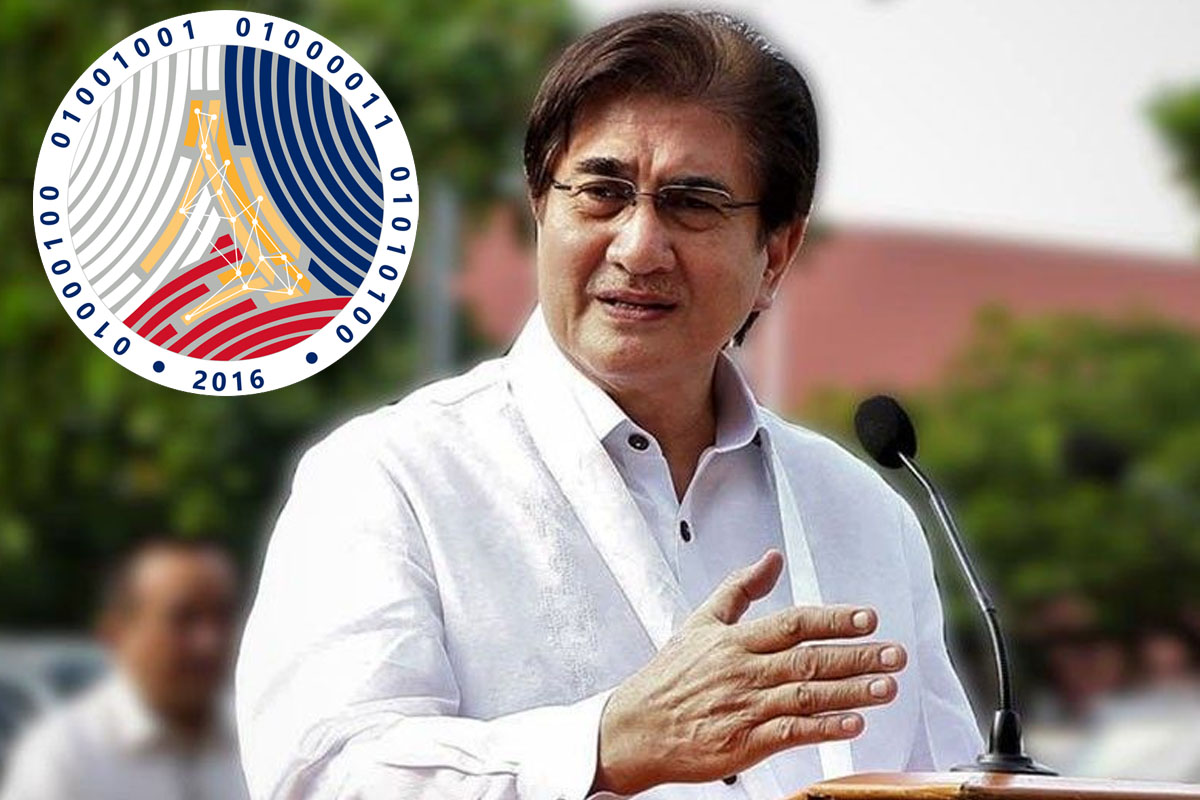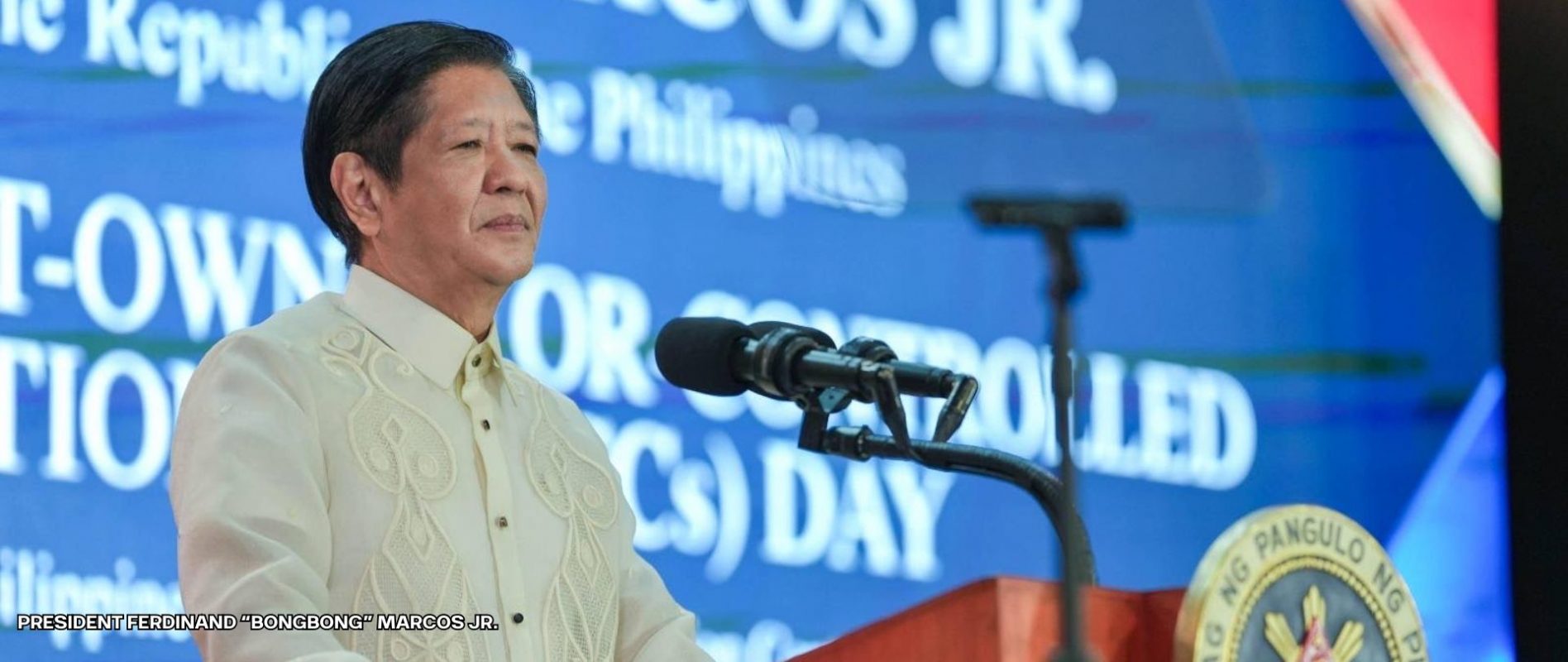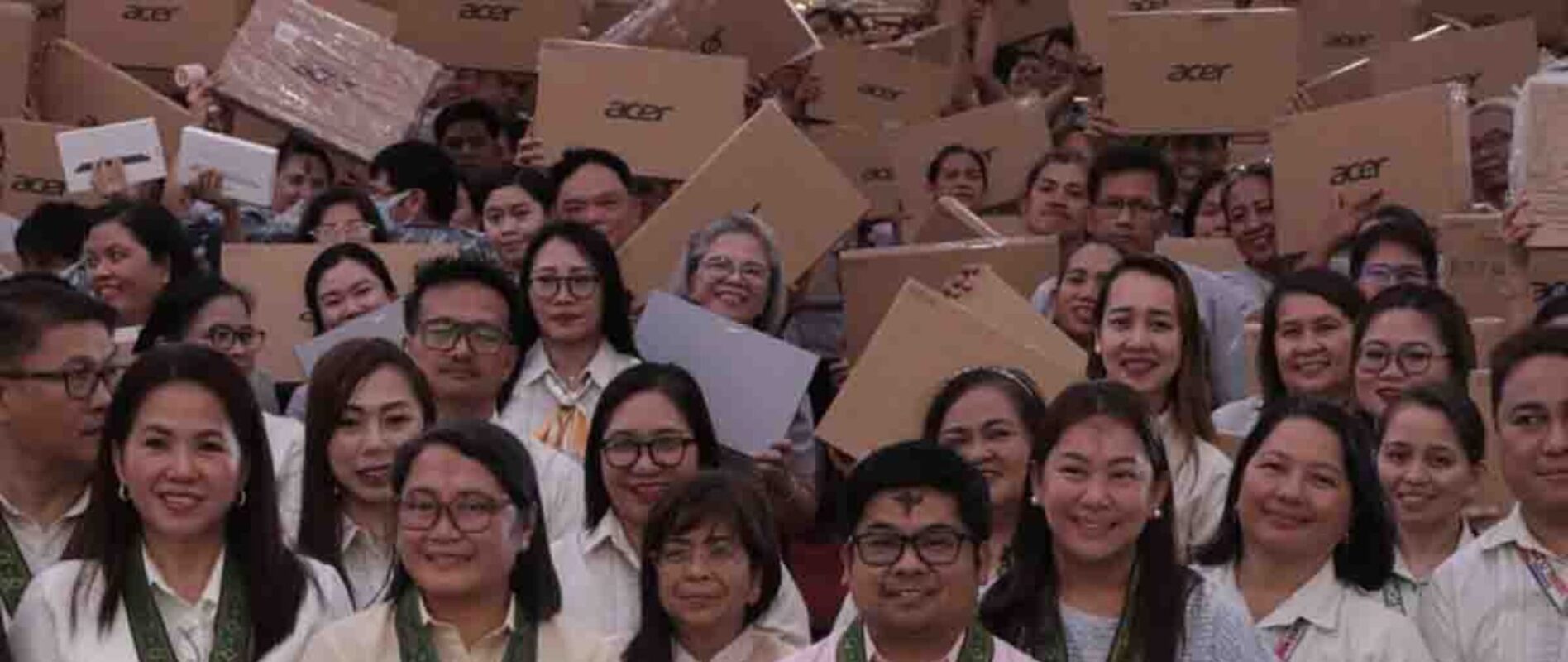DICT JUSTIFIES PURCHASE OF GADGETS
THE DEPARTMENT of Information and Communications Technology on Wednesday said that laptops and gadgets procured under its Digital Education Program were intended to assist local government units in facilitating ICT-enabled education during the pandemic.
The agency made the announcement after the Commission on Audit flagged its purchase and distribution of gadgets amounting to P170 million.
DICT Secretary Gregorio Honasan II lamented that it is unfortunate that his agency’s project of distributing gadgets to schools to aid students cope with distant learning was flagged by COA.
“The DICT has already responded to the COA’s memorandum, addressing the issues raised and assuaging its concerns regarding the said projects,” Honasan said.
“Through these initiatives, we aim to be more responsive to the needs of our students under the online and blended learning modalities as face-to-face classes are currently suspended during this public health emergency,” he added.
In its 2020 report, COA noted that the P170-million purchase is not included in the DICT’s mandate to formulate and implement policies.
It added that DICT purchased 1,000 laptops, 26,500 tablets, and 1,001 pocket Wi-Fi’s from Lex-Mar General Merchandise and Contractor, a construction firm which has no documents to show that it is engaged in the business of supplying gadgets.
However, Honasan explained that the devices were procured through the Emergency Cases of the 2016 Revised Implementing Rules of Republic Act 9184 and awarded to Lex-Mar, which was found to be a technically, legally, and financially capable supplier.
“While also engaged in the business of general construction, Lex-Mar is a wholesaler of office supplies and office equipment, including the supply of computer units and tablets,” he said.
“Recent financial statements also indicate that the bidder’s revenue or income exceeds and is capable of sustaining its operations, costs and expenses. This sufficiently shows that Lex-Mar is capable of generating sufficient funds and revenue through various types of activities,” he added.
Honasan stressed that resources are urgently needed for continued learning, particularly by students who have little to no access to digital learning.
“The ICT gadgets, which were turned over by the LGUs to student beneficiaries, enhances the delivery of services to the education sector – a mandate that DICT fulfills,” he said.
“Aside from formulating and implementing national policies, plans, programs and initiatives with government agencies and instrumentalities to promote and develop use of ICT in education, DICT is also mandated to foster ICT resource sharing, build the capacity of the government in terms of ICT, and improve public access to the internet,” he added.














